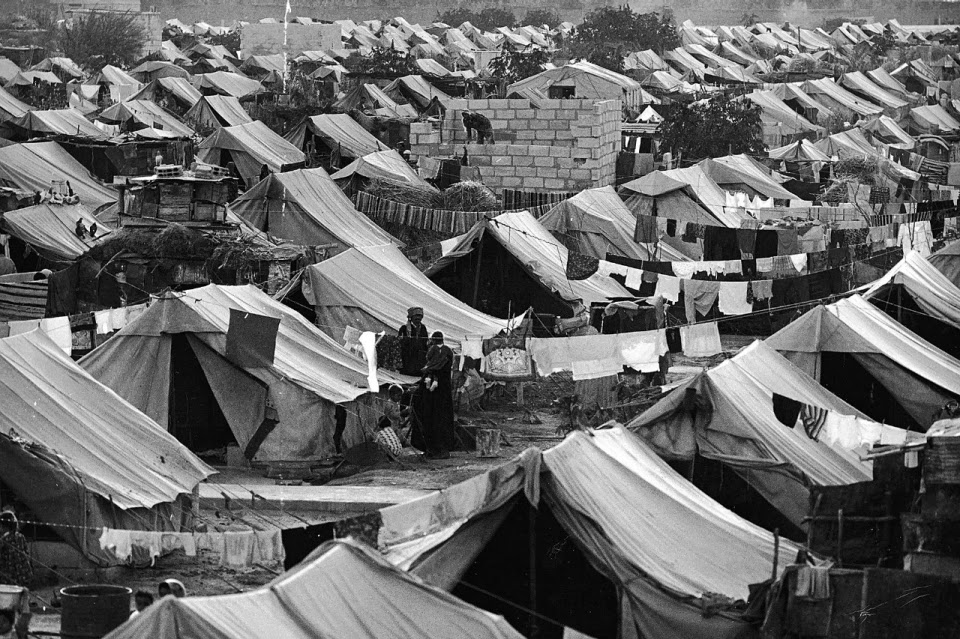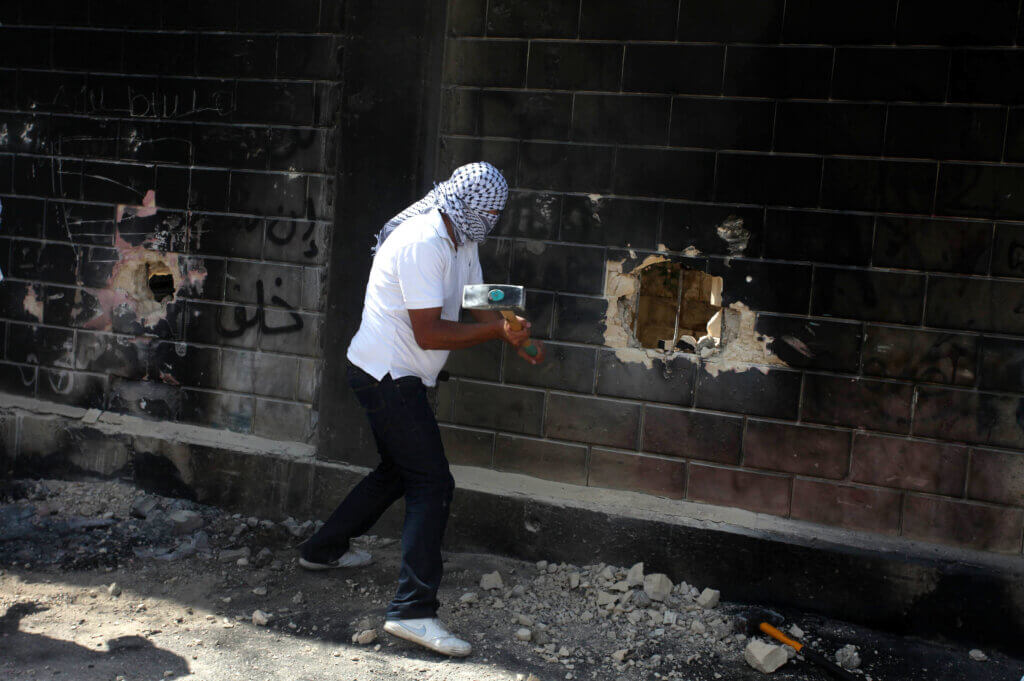The term "boycott,” has involved to mean "an act of voluntarily abstaining from using, buying, or dealing with a person, organization, or country as an expression of protest, usually for social or political reasons.”[1] Its etymology derives from the name of a certain land agent ostracized for his evictions of tenants during Ireland’s 19th Century "Land Wars.”[2] It is the voluntary nature of a boycott, as continuously defined, that makes it a misnomer. However, the actions and policies deriving from nonrecognition of, and nonassistance to such an illegal situation as apartheid are actually measures fulfilling an erga omnes obligation in international law.
| Boycott: "an act of voluntarily abstaining from using, buying, or dealing with a person, organization, or country as an expression of protest, usually for social or political reasons.” Obligation: a duty to fulfill, as distinct from a voluntary choice or option. |
The General Assembly was more explicit in its 1982 resolution "Policies of apartheid of the Government of South Africa.” The GA declared that "the United Nations and the international community have a special responsibility towards the oppressed people of South Africa and their national liberation movements in their legitimate struggle for the elimination of apartheid and the establishment of a non-racial democratic society assuring human rights and fundamental freedoms to all the people of the country irrespective of race, colour or creed.”[3]
Specifically, the highest authority in the UN system also condemned the policies of certain Western States breaching these norms, "especially the United States of America, and Israel, and of their transnational corporations and financial institutions that have increased political, economic and military collaboration with the racist minority regime of South Africa despite repeated appeals by the General Assembly.”[4]
In addition to calling on the International Monetary Fund and International Atomic Energy Agency to exclude, terminate and refrain from assistance to South Africa, the GA requested the Secretary-General to instruct all relevant units of the UN Secretariat and all United Nations offices to promote the international campaign against apartheid.[5] The Assembly reiterated its call to the Security Council to adopt a separate resolution making noncooperation with South Africa mandatory, to:
(a) reinforce the mandatory arms embargo against South Africa;
(b) prohibit all cooperation with South Africa in the military and nuclear fields by Governments, corporations, institutions and individuals;
(c) prohibit imports of any military equipment or component parts from South Africa;
(d) prevent any cooperation or association with South Africa by any military alliances;
(e) impose an effective embargo on the supply of oil and oil products to South Africa and on all assistance to the oil industry in South Africa;
(f) prohibit financial loans to and new investments in South Africa, as well as all promotion of trade with South Africa;[6]
With reference to responsibility in implementing international law by other third parties, the Assembly urged "Governments, international and non-governmental organizations, trade unions and other appropriate bodies to lend their full support to the oil embargo against South Africa.”[7]
The GA further resolved that all States should "take all appropriate measures to facilitate such action” and "to take action against corporations and other interests that violate the mandatory arms embargo against South Africa or that are involved in the illicit supply to South Africa of oil from States that have imposed an embargo against South Africa.”[8]
The Assembly expressed serious concern over the cooperation and assistance to apartheid South Africa provided by United Kingdom of Great Britain and Northern Ireland, the United States of America, the Federal Republic of Germany and Switzerland.[9] However, it reserved a special denunciation of the close cooperation between South Africa and Israel.[10]
The Security Council ultimately followed suit in 1985, also calling for more specific measures:
(a) Suspension of all new investment in the Republic of South Africa
(b) Prohibition of the sale of krugerrands and all other coins minted in South Africa;
(c) Restrictions in the field of sports and cultural relations;
(d) Suspension of guaranteed export loans;
(e) Prohibition of all new contracts in the nuclear field;
(f) Prohibition of all sales of computer equipment that may be used by the South African army and police;[11]
The resolution also commended those states that already had adopted "voluntary measures.” While Security Council resolutions are, by definition, enforceable, international legal experts consider such measures in the face of a violation of peremptory norms to be self-executing, with or without specific resolutions to that effect.[12]
[1] Edward I. Sidlow, Just the Facts (Cram 101 Textbook Reviews) e-Study Guide.
[2] "Boycott” entered the English language in the context of Land War in Ireland, derived from the name of Captain Charles Boycott, the land agent of an absentee landlord, the conservative, Anglo-Irish John Crichton, 3rd Earl Erne. As harvests had been poor in 1880, Lord Erne offered his tenants a 10% rent reduction. However, in September of that year, protesting tenants demanded a 25% reduction instead. When Lord Erne refused, Capt. Boycott attempted to evict eleven tenants from the land and soon found himself subject to social ostracism organized by the Irish Land League. In addition, rather than resorting to violence, everyone in the locality joined in shunning tenants who took farms where another tenant was evicted. In turn, Boycott soon became isolated, his workers carried out stop-work actions in his fields, stables and house. Moreover, local traders ceased doing business with him, and the local postman refused to deliver mail. See Joyce Marlow, Captain Boycott and the Irish (London: André Deutsch, 1973), pp. 133–42.
[3] General Assembly, "Policies of apartheid of the Government of South Africa,” A/RES/38/39 (1983) 5 December 1983, A: "Situation in South Africa,” para. 2, at: http://www.un.org/documents/ga/res/38/a38r039.htm.
[4] Ibid., para. 12.
[5] Ibid., paras. 13–14.
[6] A/RES/38/39, op. cit., "D: Sanctions against South Africa,” para. 1.
[7] A/RES/38/39, op. cit., "J: Oil embargo against South Africa.”
[8] Ibid., paras. 2–3.
[9] A/RES/38/39, op. cit., "D: Sanctions against South Africa,” perambulatory para. 10.
[10] A/RES/38/39, op. cit., "F: Relations between Israel and South Africa.”
[11] Security Council resolution 569 (1985), 26 July 1985, at: http://www.worldlii.org/int/other/UNSC/1985/10.pdf.
[12] Carlos Manuel Vázquez, "The "Self-Executing” Character of the Refugee Protocol’s Nonrefoulement Obligation,” Georgetown Immigration Law Journal, Vol. 7 (1993), pp. 39–65, at: http://scholarship.law.georgetown.edu/cgi/viewcontent.cgi?article=1997&context=facpub; The American Non-Governmental Organizations Coalition for the International Criminal Court, "The Rome Statute of the International Criminal Court: A Self-Executing Treaty under US Law?” United Nations Association of the United States of America, at: http://www.amicc.org/docs/Rome_Statute_Self_Executing.pdf; Tom Moerenhout, "The Obligation to Withhold from Trading in Order Not to Recognize and Assist Settlements and Their Economic Activity in Occupied Territories,” Journal of International Humanitarian Legal Studies, Vol. 3, Issue 2, 2012 (2014), 344–88, at: http://booksandjournals.brillonline.com/content/journals/18781527/3/2.



